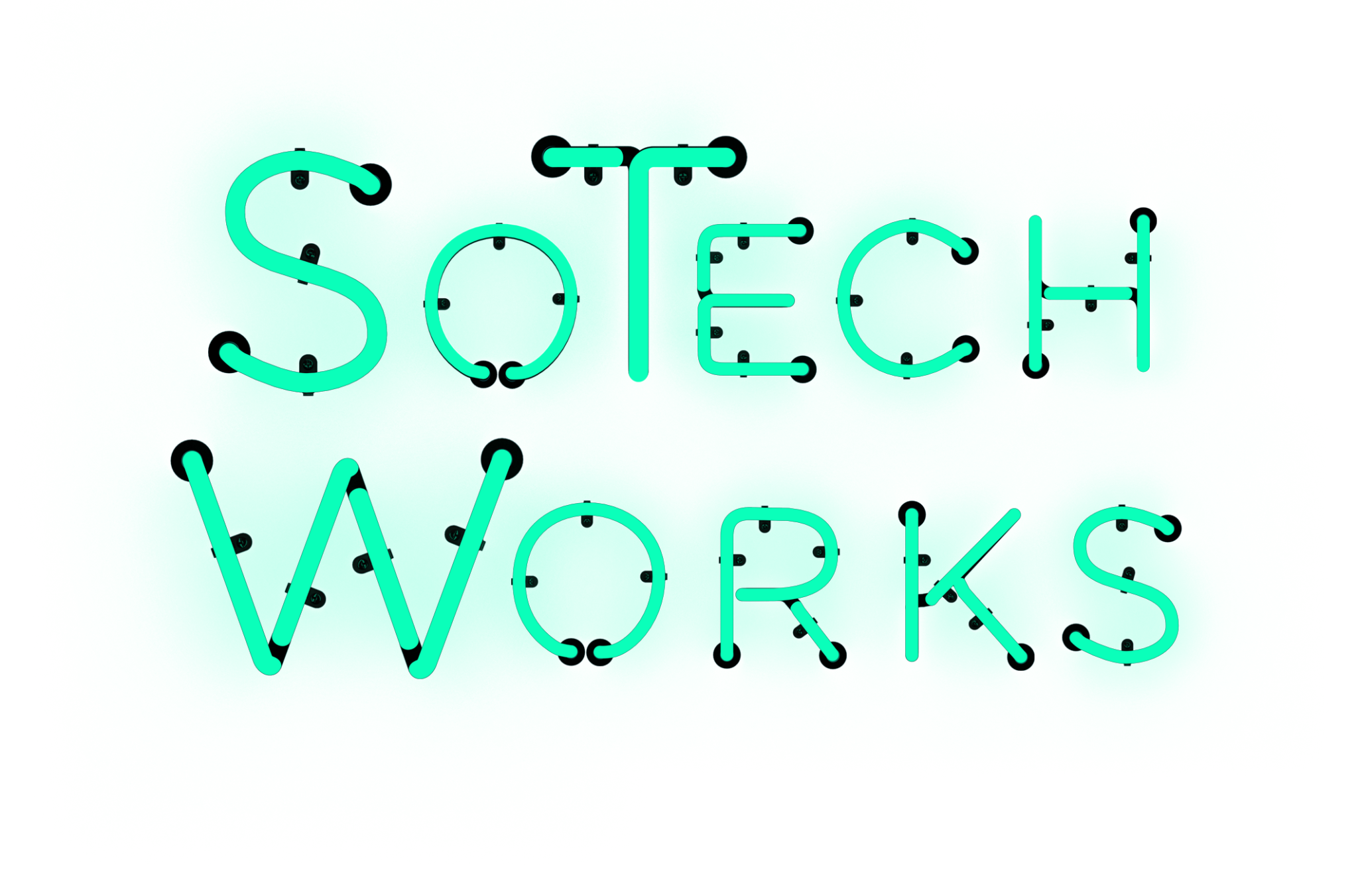Fake news thrives because we desperately want to believe it – CNET
Fake news thrives because we desperately want to believe it
Commentary: Never have people been so eager to spread and believe false information, as the Vegas massacre reminded us yet again.
Last Saturday night, I had dinner with friends. When I arrived late (as usual), the gang was deep in an impassioned discussion: whether 9/11 was an inside job.
There were six of us, all twentysomethings, and I was, astonishingly, the only one who found this preposterous. The others ranged from being fairly sure it was an inside job to being agnostic. It was fascinating. These friends, no dopes and all university-educated, made such bold claims despite presenting such weak evidence. How could that be?
Sadly, I got a stark reminder the next day of how ideology filters the information we receive.
Within 24 hours of the tragic Vegas shooting, faux internet sleuths said they’d identified the shooter. They were wrong. The real perp who killed 59 people and injured hundreds more was Stephen Paddock. Not, as some parts of the internet believed, Geary Danely, a man identified by one publication as “associated with the Anti-Trump Army.”
Enough netizens pointed the finger at Danely, based on an old Facebook page and family pictures, for his guilt to be briefly promoted by Facebook and Google. These netizens were mostly either far-right or anti-left.
Is this the Mandalay Bay shooter? Another violent leftist?#mandalaybay #route91harvest #PrayersForLasVegashttps://t.co/tp3u2r7ljd
— Deplorable Steve?? (@1776PatHenry) October 2, 2017
Geary Danley is apparently the Las Vegas sniper. Big Democrat and Anti-Trumper if true. /pol/ already has his social media captured.
— The Architect (@Steven_M_Lloyd) October 2, 2017
I can already see all of the alt rights deleting their tweets of defamation aimed at #gearydanley smh. Poor guy.
— Dani (@lilfazzio) October 2, 2017
We live in polarising times, where tightly held opinions make certain conspiracy theories and “alternative facts” convenient, and therefore easier to believe. It was resentment of the left that led some to believe in Danely’s guilt, despite little evidence.
While I was shocked to find my friends — all left-leaning — open to 9/11 conspiracy theories, plenty of research exists into how we make decisions and simplify information through preexisting narratives and intuitive thinking. There’s a precedent for your political opinions making you vulnerable to lies. Political scientist Brendan Nyhan in 2011 found that just over 40 percent of Democrats believed 9/11 was an inside job. Almost the same percentage of Republicans believed President Barack Obama was born outside of the US.
The internet makes the trap of lies easier to fall into, as it lets often-targeted information travel instantaneously and gives false information a long-term refuge. Or, as the saying goes: A lie can travel halfway around the world while the truth is putting on its shoes. The 9/11 “truth” may be one of the first great conspiracies of the internet era and it remains inescapable. It was 16 years ago, and I’m over 9,000 miles away here in Sydney, Australia. And yet here it is, infecting my Saturday night.

Click for more Boom With a View.
The evidence for the 9/11 Truther movement, or at least the “evidence” I heard on Saturday, is pretty thin. To believe any of it, you have to harbour an extreme distrust or dislike of the government. Conspiracy theories aren’t really about evidence, they’re usually about playing off fear and suspicion.
Fake news, be it lies spread nefariously or unsubstantiated claims, is often the same. If you believe President Trump to be a lying, garbage person, for example, it’s easy to believe the false “Republicans are the dumbest group of voters” quote that floated around social media last year. Repeat: that was false.
But misinformation isn’t just spread in politics, and we all have our blind spots. Thanks to online articles or podcasts, I’ve fallen for several ineffective supplements and silly diets. The stupidity of all this, like eating 12 servings of meat a day or drinking fluro purple “muscle-building” amino acids filled with gross artificial sweeteners, was obvious to everyone except me. The fitness industry was doing #FakeNews before it was cool.
In every case, whether it’s a conspiracy about the government being shady, a podcast claiming to tell you how to look like The Rock or fake news in entertainment, science and sport, misinformation works if it tells you what you want to hear.
The internet is a terrific educational tool, but even the dumbest lies it perpetuates can hit the sweet spot of a small percentage of netizens who embrace it.
In absolute terms, though, that small percentage can be a lot of people.
Batteries Not Included: The CNET team shares experiences that remind us why tech stuff is cool.
CNET Magazine: Check out a sampling of the stories you’ll find in CNET’s newsstand edition.



Discuss: Fake news thrives because we desperately…